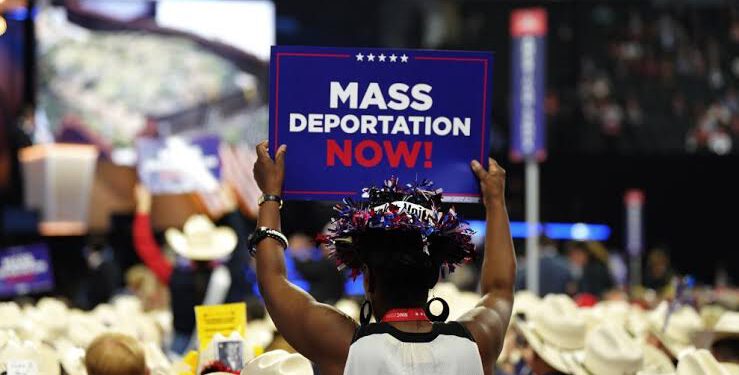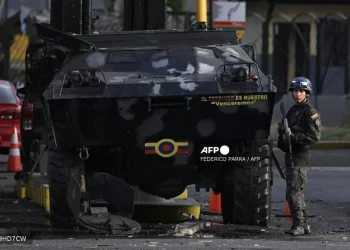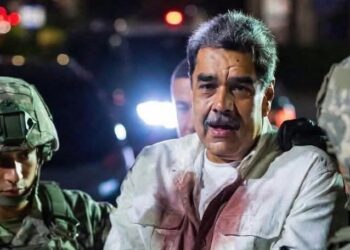For hundreds of thousands of migrants who once found hope and stability in the United States, an urgent countdown has begun. More than 500,000 individuals from Cuba, Haiti, Nicaragua, and Venezuela—many of whom built lives, found work, and created new beginnings—have just weeks before their legal status is revoked.
The U.S. government, under President Donald Trump, is set to terminate the temporary legal protections granted to these migrants under the Biden-era CHNV sponsorship program.
According to a notice issued by the U.S. federal government, they must leave the country before April 24 or risk deportation.
For these migrants, the clock is ticking. Many arrived through a legal pathway introduced in 2022 under President Joe Biden, which allowed them and their families to fly into the U.S. if they had American sponsors.
This program, known as CHNV, was designed to reduce illegal border crossings while offering a structured, vetted process for migrants fleeing hardship. But with Trump suspending the program upon taking office, their future now hangs in the balance.
A Life on Hold
For migrants like María González, a Nicaraguan mother of two, the news is devastating. She came to the U.S. legally under CHNV, hoping to give her children a future free from violence and economic instability. “We followed every rule,” María says, her voice breaking. “We have work, my kids are in school, and now we are being told to leave? Where do we go?”
It’s a question many are asking. How many of these 530,000 migrants have secured another legal status to remain in the U.S.? No one knows for sure. With immigration backlogs and policy shifts, the uncertainty is suffocating.
The Department of Homeland Security (DHS) has hinted that some may be allowed to stay on a “case-by-case basis”, but no clear guidelines have been provided.
Meanwhile, Trump’s administration has justified the decision, arguing that CHNV failed to curb illegal migration and instead created unfair competition for American jobs.
A Wave of Uncertainty
Beyond CHNV, Trump’s administration is also reviewing whether to end protections for 240,000 Ukrainians who fled the war with Russia. Meanwhile, DHS has already announced the termination of Temporary Protected Status (TPS) for 500,000 Haitians, a move that has sparked widespread criticism and legal challenges.
For many, the heartbreak isn’t just about leaving—it’s about the uncertainty of what comes next. Some migrants have been in the U.S. for years, contributing to communities, paying taxes, and raising families.
“I have nothing left in Venezuela,” says Luis Rodríguez, who came under CHNV after losing his home to political violence. “I will have to go back to nothing.”
The Bigger Picture
Trump’s immigration policies have already faced significant legal pushback, and more challenges are expected. But for now, time is running out for the thousands of migrants who must either find a way to stay—or prepare for the unimaginable.
As the deadline looms, one thing is clear: for these families, the American dream is slipping through their fingers.





















